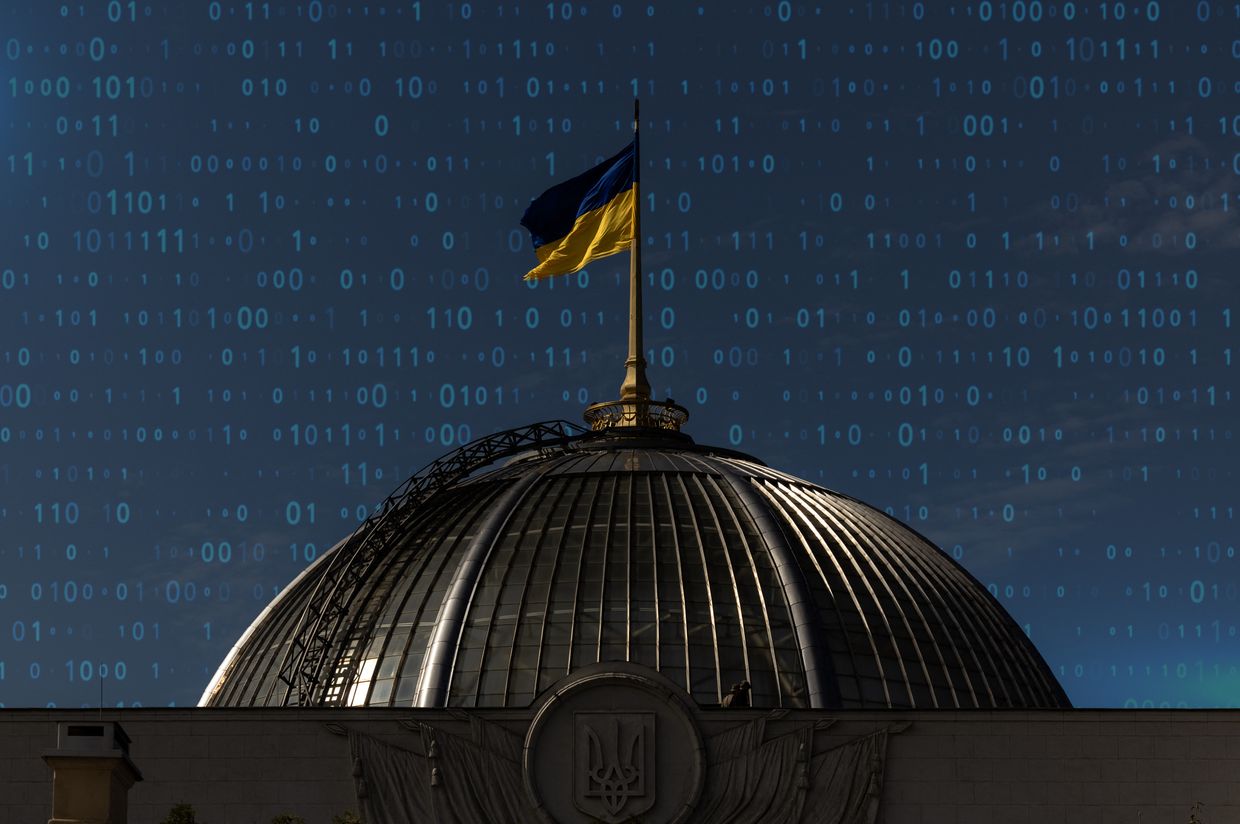Ukraine Reforms Tracker Weekly — Issue 10

Editor’s note: This is issue 10 of Ukrainian lawmaker Yaroslav Zhelezniak’s weekly "Ukraine Reforms Tracker" covering events from Jan. 13–19, 2025. This newsletter was until recently titled “Ukrainian Economy in Brief." The digest highlights steps taken in the Ukrainian parliament related to business, economics, and international financial programs.
The Kyiv Independent is republishing with permission.
Benchmarks and soft commitments with the IMF
Rada approves IMF-backed budget code reform for public investment
The Ukrainian Parliament has passed draft law #12245, amending the budget code to streamline public investment management. The measure fulfills one of the International Monetary Fund benchmark. It establishes a centralized public investment fund to be overseen by the government’s Strategic Investment Council, which currently mirrors the composition of the Cabinet of Ministers itself. This “fund of funds” will consolidate various expenditures, including the road fund, radioactive waste management, water resource development, decarbonization, and internal waterway projects.
Ukrainian Parliament fails to advance reform to meet one of structural benchmarks
The Committee on Law Enforcement reviewed four draft laws addressing the repeal of the “Lozovyi amendments.” However, it refrained from endorsing a specific proposal, recommending instead that parliament decide which draft to support. Despite the critical importance of these reforms, last week’s parliamentary session failed to secure sufficient votes even to include the issue on the agenda.
At the same time, the National Anti-Corruption Bureau (NABU) and the Specialized Anti-Corruption Prosecutor’s Office (SAPO) supported the alternative draft law introduced by David Arakhamia, head of the Servant of the People faction. The bill proposes:
- eliminating the statute of limitations for pre-trial investigations;
- allowing SAPO to extend investigation timelines without court approval;
- authorizing SAPO to create joint investigative teams for NABU cases;
- enabling SAPO to send extradition requests in corruption cases.
Other key economic issues
Energoatom oversight board faces shortfall of international experts
According to Forbes Ukraine, Energoatom's supervisory board is operating without a majority of its international experts, with contracts signed for only four members — two from the Cabinet of Ministers and two international representatives. Journalists’ sources claim that Timothy Stone, a prominent figure in the U.K.’s nuclear industry, declined to sign his contract, leaving a vacancy that the Cabinet must now fill through an open competition.
According to Ukraine's Economy Ministry, on Jan. 17, the board convened for its first substantive meeting, electing former Lithuanian Energy Minister Jaroslav Neverovich as chairman.
Neverovich is expected to use his decisive vote in the event of a tie. The supervisory board's first major decision is anticipated to be the announcement of a competitive selection process for the position of Energoatom CEO.
Ukrainian Parliament extends martial law and mobilization
The Verkhovna Rada has voted to extend martial law and military mobilization, marking the 14th time such measures have been approved. The extension will remain in effect from Feb. 8 to May 9, 2025.












